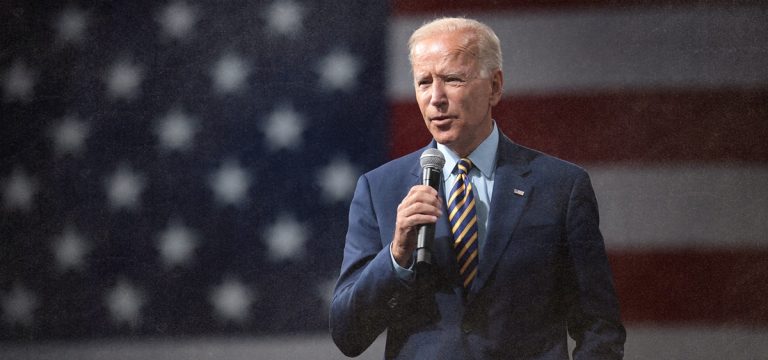On Thursday, the Justice Department initiated the formal process to reclassify marijuana from Schedule I to Schedule III, a less stringent classification acknowledging its medical benefits. This historic move, announced by President Joe Biden, aims to address long-standing inequities caused by the previous classification, which placed marijuana in the same category as heroin, fentanyl, and methamphetamine.
“This is monumental,” Biden declared in a video posted on X, emphasizing his commitment to reversing the failed approach to marijuana that has upended many lives. The Drug Enforcement Administration (DEA) submitted a notice of proposed rulemaking, opening a 60-day public comment period.
Too many lives have been upended because of our failed approach to marijuana.
So today, the @TheJusticeDept is taking the next step to reclassify marijuana from a Schedule I to a Schedule III drug under federal law.
Here’s what that means: pic.twitter.com/TMztSyyFYm
— President Biden (@POTUS) May 16, 2024
While the rescheduling marks a significant shift at the federal level, it does nothing to specifically help those incarcerated due to cannabis criminalization, whom Biden referenced in his announcement when he said he’s committed to “righting those wrongs.” Schedule III still maintains federal control over cannabis and does not make it legal to possess, consume, or grow without a doctor’s prescription. The many legal discrepancies between state and federal laws will remain unresolved.
However, the reclassification could benefit the cannabis industry by reducing tax burdens, particularly by removing marijuana from the IRS code’s Section 280E. This would allow legal cannabis businesses to deduct ordinary expenses, fostering growth in states where the plant is legal. It could also make it easier for scientific research to be conducted around the medicinal benefits of cannabis.
Vice President Kamala Harris highlighted the reclassification as a crucial step toward change, and Senate Majority Leader Chuck Schumer reiterated the need for Congress to end federal prohibition entirely. While many will see this advancement as a step in the right direction, achieving comprehensive reform will require continued efforts to align federal policies with state-level legalization and to ensure restorative justice for those affected by criminalization.
Get daily cannabis business news updates. Subscribe
Ganjapreneur is made possible by our partners:
